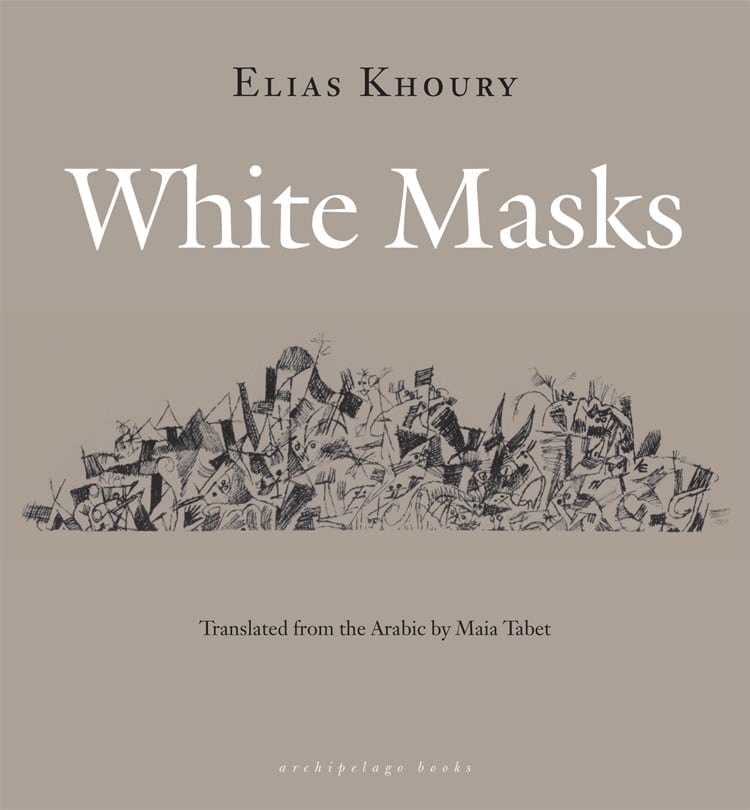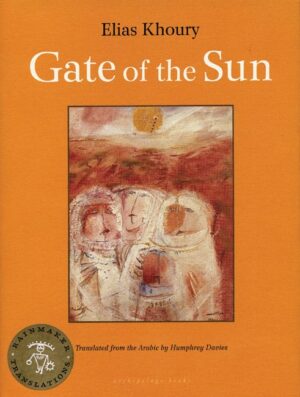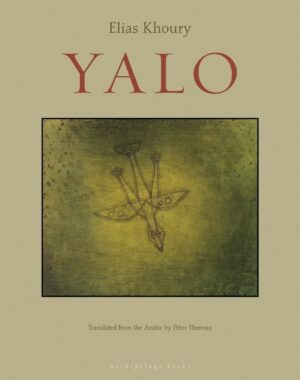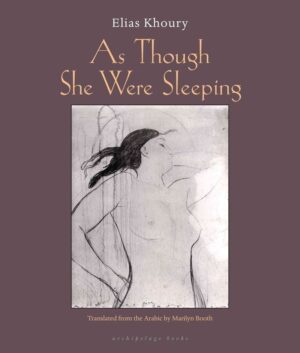Book Description
Why was the corpse of Khalil Ahmad Jaber found in a mound of garbage? Why had this civil servant disappeared weeks before his horrific death? Who was this man? A journalist begins to piece together an answer by speaking with his widow, a local engineer, a watchman, the garbage man who discovered him, the doctor who performed the autopsy, and a young militiaman. Their stories emerge, along with the horrors of Lebanon’s bloody civil war and its ravaging effects on the psyches of the survivors. With empathy and candor, Elias Khoury reveals the havoc the war wreaked on Beirut and its inhabitants, as well as the resilience of a people.
Elias Khoury is a pure storyteller. A writer who understands the hypnotic power of words, and who lets this power become the actual subject of his books. Of course, alongside the words, there is reality, palpable, sensuous, atrocious.
— Le Nouvel Observateur
How to write Beirut? . . . with words and images that stumble with weariness, that collapse from the heat, from the stone which composes them only to crumble in turn? . . . This is why Khoury's fiction is so powerful. The intent of the writing is to restore the soul.
— Tahar Ben Jelloun
No Lebanese writer has been more successful than Elias Khoury in telling the story of Lebanon . . . Khoury is one of the most innovative novelists in the Arab world.
— Washington Post Book World
Khoury is the sort of novelist whose name is inseparable from a city. Los Angeles has Joan Didion and Raymond Chandler, and Istanbul Orhan Pamuk. The beautiful, resilient city of Beirut belongs to Khoury.
— The Los Angeles Times
Powerful . . . Tantalizing. . . . Maia Tabet's translation from the Arabic is lucid and refreshing.
— Counterpunch
Khoury [is] arguably the finest living Arab novelist. . . . White Masks represents a turning point in Khoury's work. . . . A compelling, thoughtful read.
— World Literature Today
Khoury's story is rich in the detail of daily life, and together the telling of the cast's Rashoman-like tale weaves the web of a society deeply scarred by Beirut's bitter and protracted civil wars, along with the complex reality, unbelievable anecdotes, and deeply visceral survival instincts of its people.
— Ghada Amer, The Global Journal
The distinctly human trait of inhumanity is mixed and tempered with profound love and compassion in this haunting and highly affecting novel about a time and a place that many of us only have glimpsed on news programs.
— ForeWord Reviews
It is in not only the art of his storytelling, the sometimes fractured thoughts that his skills come out, but his interest in the structure of the stories that come out of a war.
— The Quarterly Conversation
Who could resist such a quixotic quest, such a beguiling, seemingly humble narrator with, nonetheless, an array of tricks up his sleeve?
— Confrontation, Issue Number 109
This is an artful novel, displaying all the elliptical storytelling evident in Khoury’s 1998 masterpiece Gate of the Sun.
— The Telegraph




